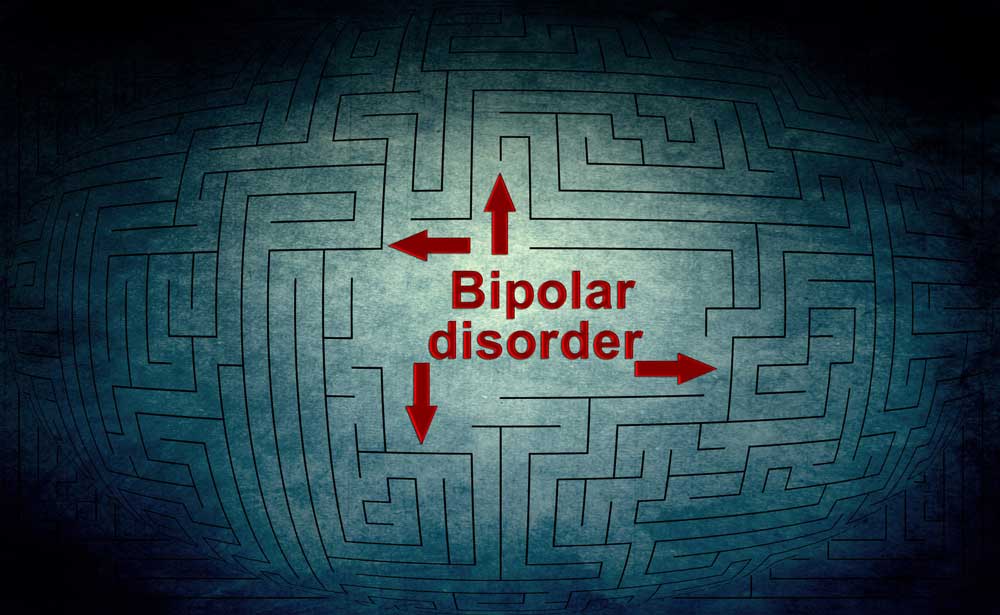Learning to live with bipolar disorder
Bipolar disorder is a condition defined by unusual shifts in mood, energy, activity levels, and the ability to carry out day-to-day tasks. Symptoms of bipolar disorder are severe. They are different from the normal ups-and-downs that everyone goes through from time to time. Bipolar disorder symptoms can result in damaged relationships, poor job or school performance, and even suicide. But bipolar disorder is treatable – a combination of professional bipolar counseling and medication helps most people return to productive and fulfilling lives.

Bipolar mood swings? We provide bipolar counseling. Call (888) 870-1775
Bipolar symptoms may seem like separate problems, without being recognized as parts of a larger problem – so it can be years before a person is properly diagnosed and treated. Bipolar disorder often develops in a persons late teens or early adult years – it has been reported that at least half of all cases start before age 25. Some people have their first symptoms during childhood, while others may develop symptoms late in life.
Bipolar disorder is a long-term illness that must be carefully managed throughout a person’s life. Bipolar counseling can help.
Bipolar mood changes are called episodes, and people usually shift from manic to depressive episodes.
Common signs and symptoms of a manic episode include:
- Euphoric or excessively “high” mood
- Extreme irritability
- Unrealistic beliefs in ones abilities and powers
- Decreased need for sleep without feeling tired
- Racing thoughts or fast speech
- Distractibility or difficulty concentrating
- Agitation
- Spending sprees.
Common signs and symptoms of a depressive episode include:
- Feeling very sad or “down”
- Feeling worried and empty
- Having trouble concentrating
- Forgetting things
- Losing interest in fun activities and becoming less active
- Having trouble sleeping
- Thinking about death or suicide.
New Bipolar Disorder research
A preliminary study done by the Westmead Institute for Medical Research in Australia has shown that in people with bipolar disorder, the left side of the amygdala in the brain is less active and less connected with other parts of the brain than in people with depression.
This is important research as approximately 60% of patients with bipolar disorder are initially misdiagnosed as having a major depressive disorder. And it can take many years for these patients to be accurately diagnosed with bipolar disorder.
New research published in the European College of Neuropsychopharmacology has indicated that how people respond to treatment for Bipolar Disorder may be influenced by their weight and the quality of their diet, including whether they are eating foods thought to contribute to general inflammation. These are preliminary results, but it may be worth speaking with your counselor about having them support you receiving specialized dietary advice on this. Your counselor can also help you stick to whatever diet is recommended.
Bipolar counseling
Contact us to learn more about how we support you in managing your bipolar condition.
We look forward to working with you.
Make an appointment today by calling us on (888) 870-1775 or by filling out our Contact Form.
